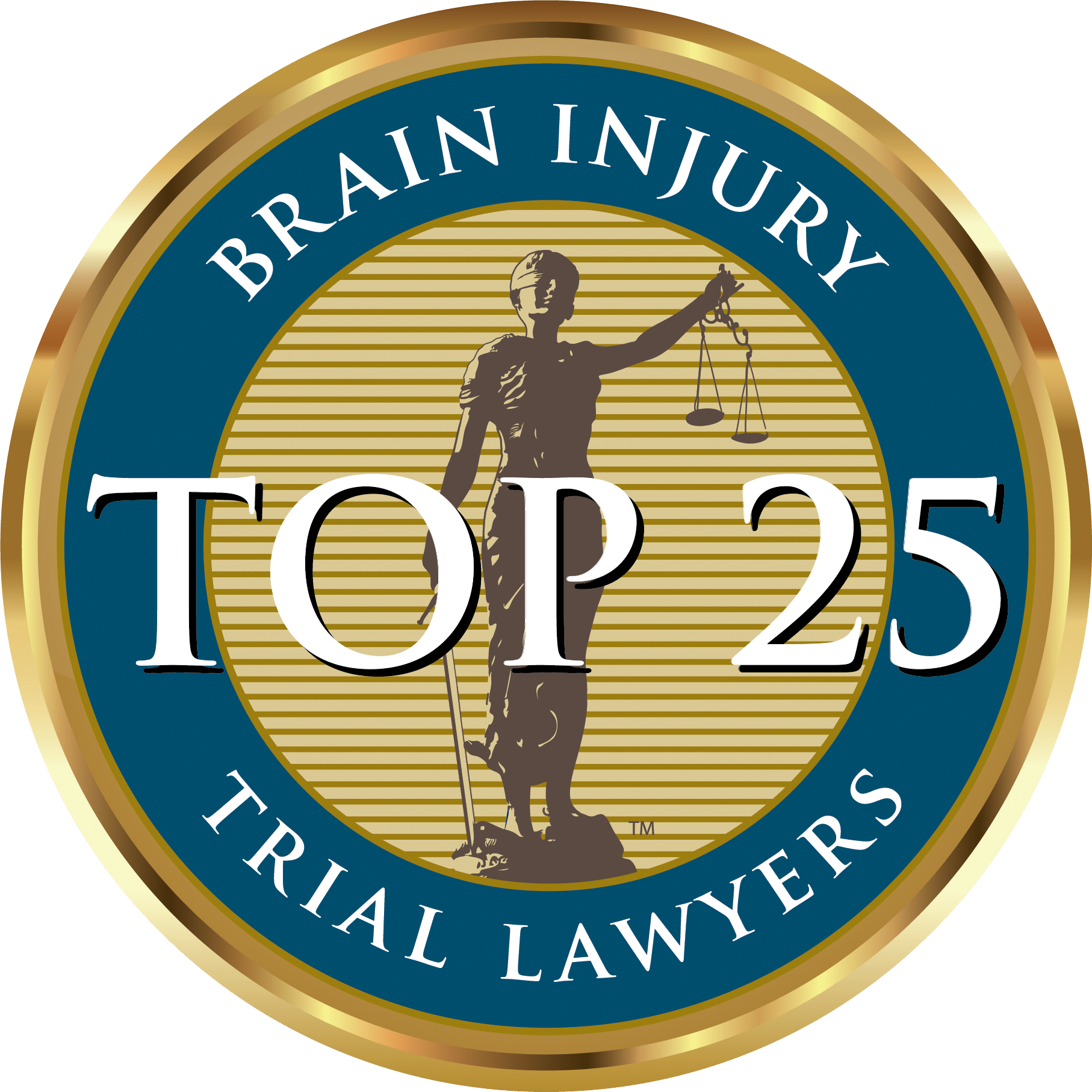Recovering Compensation for Spinal Fusion after a Car Accident

Car accidents can place immense pressure on the spine, sometimes leading to back injuries like herniated discs, spinal stenosis, or fractures. If the pain keeps you from living a normal life, your doctor may suggest you undergo spinal fusion after a car accident.
What is spinal fusion surgery?
Spinal fusion surgery relieves pain in the vertebrae by fusing or “welding” the painful vertebrae in the neck or spine together.
According to MedlinePlus, a doctor will you will likely only have a spinal fusion surgery after undergoing (or along with) another spinal surgery.
How does a doctor perform this procedure?
Spinal fusion procedures normally take between three and four hours. You will be under general anesthesia during the procedure so you will feel no pain.
Your doctor will cut open the skin on your back and place a bone graft between the two (or more) problematic vertebrae. While your doctor may use rods or plates to keep the vertebrae in place, the fusing does not occur during the actual surgery. Rather, during surgery, the doctor merely provides a foundation and makes it possible for your body to grow a completely new bone and to fuse, or weld, a portion of your spine together.
Once the bones fuse together, they form one large solid bone. This prevents motion between the affected vertebrae. Less movement equals less pain. This also means that your spine will not be as flexible as it previously was, however.
Who is a candidate for the procedure?
Physicians have special criteria for selecting candidates for the spinal fusion procedure. Your physician should look into your health history to ensure that it will not lead to any complications as well as order diagnostic tests to determine your exact injury. As we stated above, in most cases, a doctor will only order spinal fusion surgery with or after another surgery, such as the following:
- Discectomy: Removes all or part of a damaged spinal disc
- Laminectomy: Removes the lamina (the back part of a vertebra) to relieve nerve pressure
- Foraminotomy: Widens part of spinal canal to relieve pressure on nerves
Are there any complications?
As with any surgery, you should keep an eye out complications. A spinal fusion surgery may have the following potential complications:
- Infection
- Pain
- Heavy bleeding
- Blood clots. These can be especially problematic as they can travel to the lung and block blood flow.
- Nerve damage
- Symptom recurrence
If you are a smoker, it can lead to many complications.
Can I recover compensation for my spinal fusion surgery?
According to CostHelper Health, a spinal fusion surgery not covered by insurance can cost anywhere between $80,000 and $150,000. For patients covered by insurance, it can cost $200-$2000 or more.
This is already expensive enough, but it does not include the costs of physical therapy, pain medications, back braces, and walkers.
In addition, you will likely need to take time off work for recovery. While you may not be in pain after the surgery, your doctor will show you how exactly you need to sit, stand, and walk to allow the bone graft to set. This could mean that you are unable to return to work full-time or even at all.
The actual surgery, pain medications, and physical therapy can cost thousands of dollars. Factor in your lost wages and you could be looking at financial devastation.
Fortunately, you may be able to recover those costs.
How can I recover compensation?
If your back injury was the result of an accident caused by a negligent driver, you may be able to file a claim with that driver’s insurance company to recover your losses. To do so, you will need to prove that the driver was, in fact, negligent in his operation of a motor vehicle. You can prove negligence by establishing the following four elements:
- The other driver owed you a duty of care (drivers owe the duty of safe, reasonable, travel).
- He breached his duty (e.g., was driving recklessly, was intoxicated).
- The breach was the cause of your injury. (e.g., you would not have sustained injury but for the driver speeding and side swiping your car.)
- You sustained actual harm (e.g., injuries, medical bills, lost wages)
To prove negligence, you will need to provide evidence, such as:
- Photos
- Video
- Police reports
- Medical records
- Medical bills
- Eyewitness testimony
If you are able to prove the other driver was behaving negligently, the insurer will likely offer you a settlement. Make sure that the settlement covers your past, present, and future needs. If it does not, you can always negotiate for a higher settlement.
Let a Pennsylvania attorney handle the negotiations for you. If the insurer refuses to offer you a fair settlement, you can file a lawsuit and take your case to court.
Recovering this evidence can be difficult, but you have help. The car accident attorneys at Cordisco & Saile LLC have your back. We can help you file your claim, gather evidence, interview witnesses, negotiate with insurers, and represent you in court if need be.
And we know that accidents are expensive, so we work on a contingency basis. This means that you do not pay us a thing unless we win your case for you.
Give us a call today to schedule your free, no-obligation case consultation: 215-486-8196.






